-
Avitene™ Sheets, 7.0cm x 7.0cm (2.75in x 2.75in)
SKU/REF 1010110
-
Avitene™ Sheets, 7.0cm x 3.5cm (2.75in x 1.4in)
SKU/REF 1010090
-
Avitene™ Sheets, 3.5cm x 3.5cm (1.4in x 1.4in)
SKU/REF 1010080
Canada
true


- Overview
- Highlights
- Products & Accessories
- EIFU & Resources
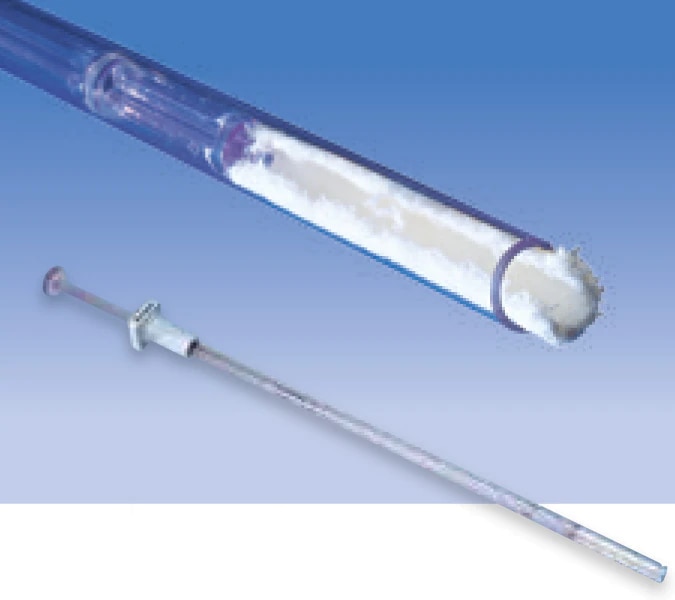
ENDOAVITENE™ COLLAGEN HEMOSTAT
- Preloaded sheets for endoscopic delivery in both 5 mm and 10 mm sizes
- Unlike cautery, avoids thermal damage to primary tissue and adjacent structures
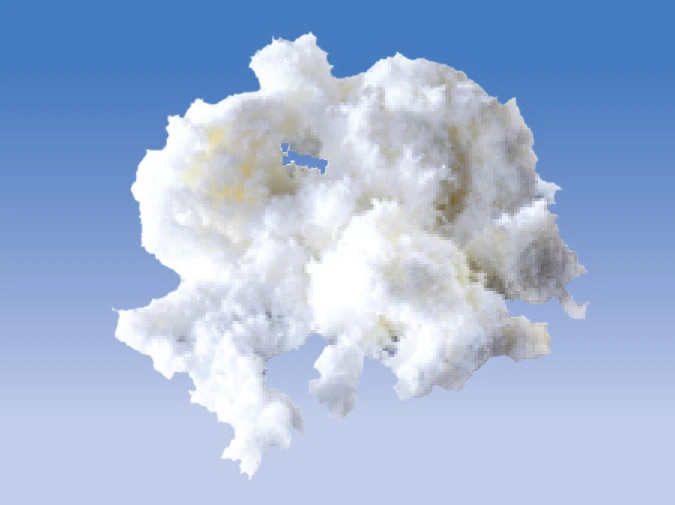
AVITENE™ FLOUR
- Effective in controlling arterial bleeding
- Conforms and adheres to irregular spaces
- Easy removal with irrigation and suction
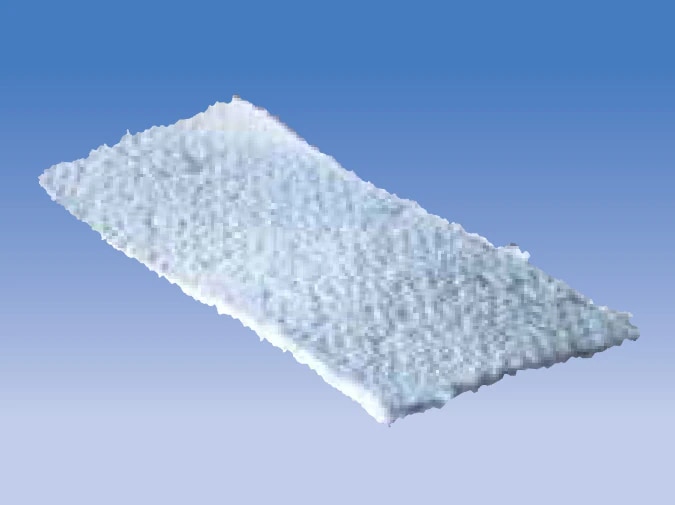
AVITENE™ SHEETS
- Cut to any shape or size
- Ideal for flat surfaces or to wrap vessels and anastomosis sites
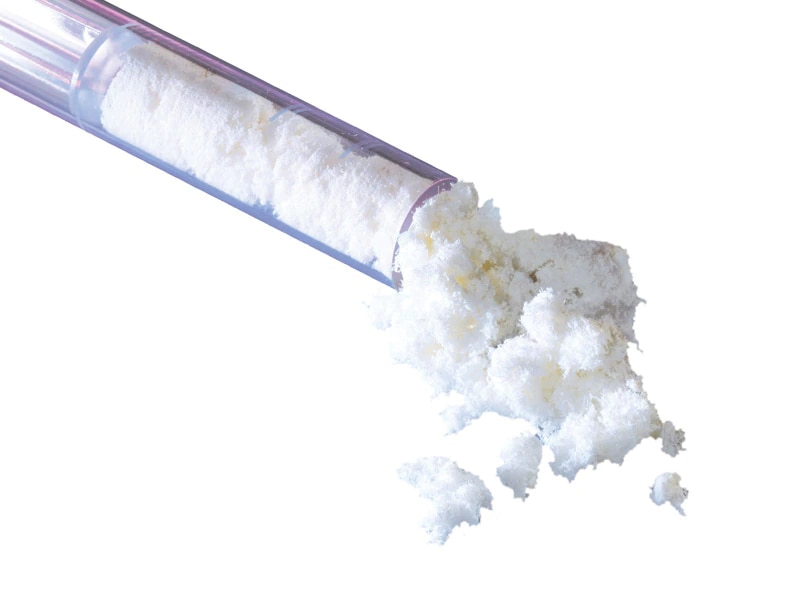
SYRINGEAVITENE™ COLLAGEN HEMOSTAT
- Preloaded 1 gram SyringeAvitene™ Collagen Flour for use in trauma, oncology, general, and cardiovascular surgery
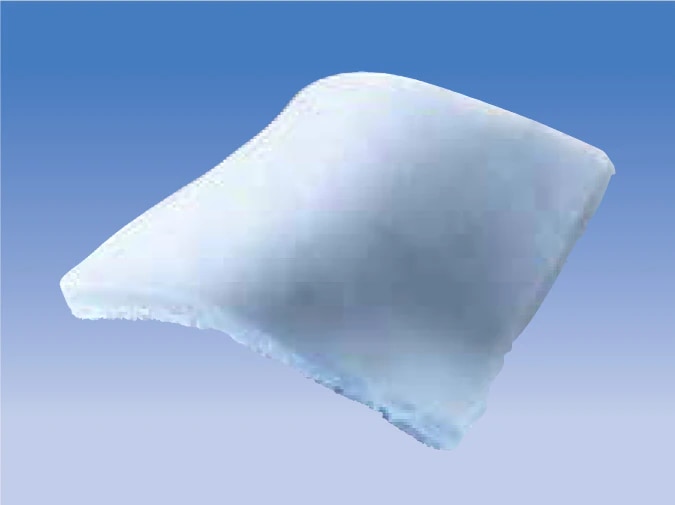
AVITENE™ ULTRAFOAM™ COLLAGEN SPONGE
- Easy, effective solution for hemostasis
- In an animal study, UltraFoam™ Collagen without thrombin was as effective as Gelfoam® Sponge with thrombin
- Reduced thrombin usage may lower cost
- Soft, pliable sponge is ready-to-use out of the package
- No soaking necessary
MULTIPLE FORMS FOR EVERY SPECIALTY:
- The proven solution for controlling bleeding in all surgical applications, including neurosurgery
- Trusted by surgeons for its safety and efficacy for over 40 years
Animal data may not correlate to outcomes in humans. Data on file.
Indications
Avitene™ Microfibrillar Collagen Hemostat (MCH) and Avitene™ UltraFoam™ sponge are indicated in surgical procedures as an adjunct to hemostasis when control of bleeding by ligature or conventional procedures is ineffective or impractical.
Contraindications
- Avitene™ MCH and Avitene™ UltraFoam™ sponge should not be used in the closure of skin incisions as they may interfere with the healing of the skin edges. This is due to simple mechanical interposition of dry collagen and not to any intrinsic interference with wound healing.
- It has been reported with other collagen hemostatic agents, that by filling porosities of cancellous bone, they may significantly reduce the bond strength of methylmethacrylate adhesives. Avitene™ MCH and Avitene™ UltraFoam™ sponge should not, therefore, be employed on bone surfaces to which prosthetic materials are to be attached with methylmethacrylate adhesives.
Warnings
- Avitene™ MCH and Avitene™ UltraFoam™ are inactivated by autoclaving.
- Ethylene oxide reacts with bound hydrochloric acid to form ethylene chlorohydrin.
- These devices have been designed for single use only. Reuse, reprocessing, resterilization or repackaging may compromise the structural integrity and/or essential material and design characteristics that are critical to the overall performance of the devices and may lead to device failure which may result in injury to the patient. Reuse, reprocessing, resterilization or repackaging may also create a risk of contamination of the device and/or cause patient infection or cross infection, including, but not limited to, the transmission of infectious diseases from one patient to another. Contamination of the devices may lead to injury, illness or death of the patient or end user. Opened, unused product should be discarded.
- Moistening Avitene™ MCH or wetting with saline or thrombin impairs its hemostatic efficacy. It should be used dry.
- As with any foreign substance, use of Avitene™ MCH and Avitene™ UltraFoam™ in contaminated wounds may enhance infection.
- Avitene™ UltraFoam™ sponge should not be used in instances of pumping arterial hemorrhage.
- Avitene™ UltraFoam™ should not be used where blood or other fluids have pooled, or in cases where the point of hemorrhage is submerged as it may mask an underlying source of bleeding, resulting in hematoma.
- Avitene™ UltraFoam™ sponge will not act as a tampon or plug in a bleeding site, nor will it close off an area of blood collecting behind a tampon.
- Avitene™ UltraFoam™ sponge is not intended to treat systemic coagulation disorders.
- Avitene™ MCH and Avitene™ UltraFoam™ are not for injection, intraocular or intravascular use.
Adverse Reactions
- The most serious adverse reaction reported which may be related to the use of Avitene™ MCH or other collagen products are potentiation of infection including abscess formation, hematoma, wound dehiscence and mediastinitis.
- Other reported adverse reactions possibly related are adhesion formation, allergic reaction, foreign body reaction and subgaleal seroma (report of a single case) and increased incidence of alveolalgia when used for packing of dental extraction sockets.
- Transient laryngospasm due to aspiration of dry material has been reported following use of Avitene™ MCH in tonsillectomy.
Please consult package insert for more detailed safety information and instructions for use.
BD-14648
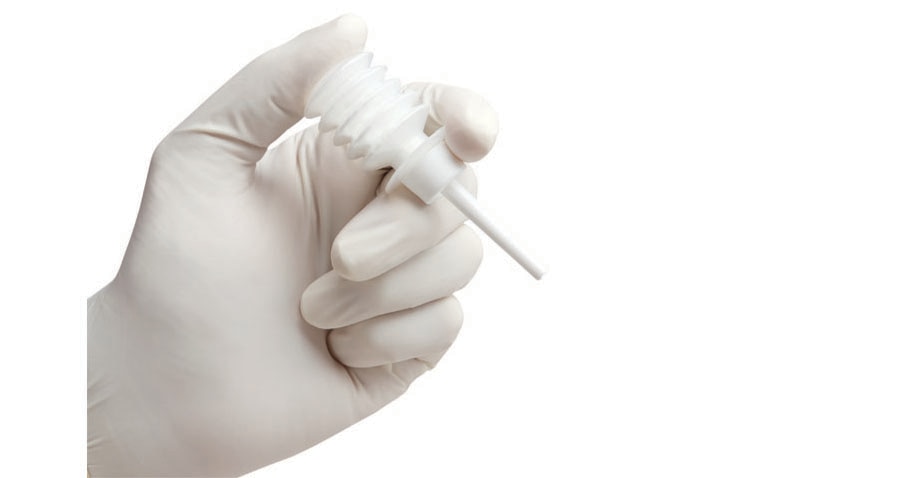
Hemostatic Agents and How They are Used
Hemostatic agents are substances to help prevent/stop bleeding from the bleeding site and involves the dependent reactions of plasma proteins, calcium ions and blood platelets which softens the platelet plug from the fibrinogen-to-fibrin conversion.
1 Arista™ AH PMA P050038 Clinical Study.
2 See full Instructions for Use for detailed application instructions.
3 Arista™ AH Instructions for Use.
INDICATIONS
Arista™ AH is indicated in surgical procedures (except neurological and ophthalmic) as an adjunctive hemostatic device to assist when control of capillary, venous, and arteriolar bleeding by pressure, ligature, and other conventional procedures are ineffective or impractical.
CONTRAINDICATIONS
Do not inject or place Arista™ AH into blood vessels as potential for embolization and death may exist.
WARNINGS
Arista™ AH is not intended as a substitute for meticulous surgical technique and the proper application of ligatures or other conventional procedures for hemostasis.
Once hemostasis is achieved, excess Arista™ AH should be removed from the site of application by irrigation and aspiration particularly when used in and around foramina of bone, areas of bony confine, the spinal cord, and/or the optic nerve and chiasm. Arista™ AH swells to its maximum volume immediately upon contact with blood or other fluids. Dry, white Arista™ AH should be removed. The possibility of the product interfering with normal function and/or causing compression necrosis of surrounding tissues due to swelling is reduced by removal of excess dry material.
Safety and effectiveness of Arista™ AH have not been clinically evaluated in children and pregnant women. Because there have been reports of decreased amylase activity in newborns up to 10 months, absorption rates of Arista™ AH in this population may be longer than 48 hours.
Arista™ AH should be used with caution in the presence of infection or in contaminated areas of the body. If signs of infection or abscess develop where Arista™ AH has been applied, re-operation may be necessary in order to allow drainage.
Safety and effectiveness in neurosurgical and ophthalmic procedures has not been established.
Arista™ AH should not be used for controlling post-partum bleeding or menorrhagia.
PRECAUTIONS
When Arista™ AH is used in conjunction with autologous blood salvage circuits, carefully follow instructions in the Administration section of the IFU regarding proper filtration and cell washing.
Arista™ AH is intended to be used in a dry state. Contact with saline or antibiotic solutions prior to achieving hemostasis will result in loss of hemostatic potential.
Arista™ AH is not recommended for the primary treatment of coagulation disorders.
No testing has been performed on the use of Arista™ AH on bone surfaces to which prosthetic materials are to be attached with adhesives and is therefore not recommended.
Arista™ AH is supplied as a sterile product and cannot be resterilized. Unused, open containers of Arista™ AH should be discarded.
Do not apply more than 50g of Arista™ AH in diabetic patients as it has been calculated that amounts in excess of 50g could affect the glucose load.
In urological procedures, Arista™ AH should not be left in the renal pelvis or ureters to eliminate the potential foci for calculus formation.
ADVERSE REACTIONS
None of the adverse events that occurred in a randomized prospective, concurrently controlled clinical trial were judged by the Data Safety Monitoring Board to be related to the use of Arista™ AH. The most common recorded adverse events were pain related to surgery, anemia, nausea, lab values out of normal range, arrhythmia, constipation, respiratory dysfunction and hypotension – all reported in greater than 10% of the Arista™ AH treated patients. The details of this clinical trial’s adverse events can be reviewed in the IFU supplied with the product and are also available at www.bd.com.
Caution: Federal (USA) law restricts this device to sale by or on order of a licensed physician or properly licensed practitioner.
BD-14602
Literature
BD's collection of literature on industry and on our offerings gives you information you can use to continue striving for excellence.
Learn more
Training
BD offers training resources to help improve your clinical practices as part of our goal of advancing the world of health.
Learn more
Events
BD supports the healthcare industry with market-leading products and services that aim to improve care while lowering costs. We host and take part in events that excel in advancing the world of health™.
Learn more
Case Studies
BD promotes clinical excellence by providing various resources on best practices, clinical innovations and industry trends in healthcare.
Learn more
true

